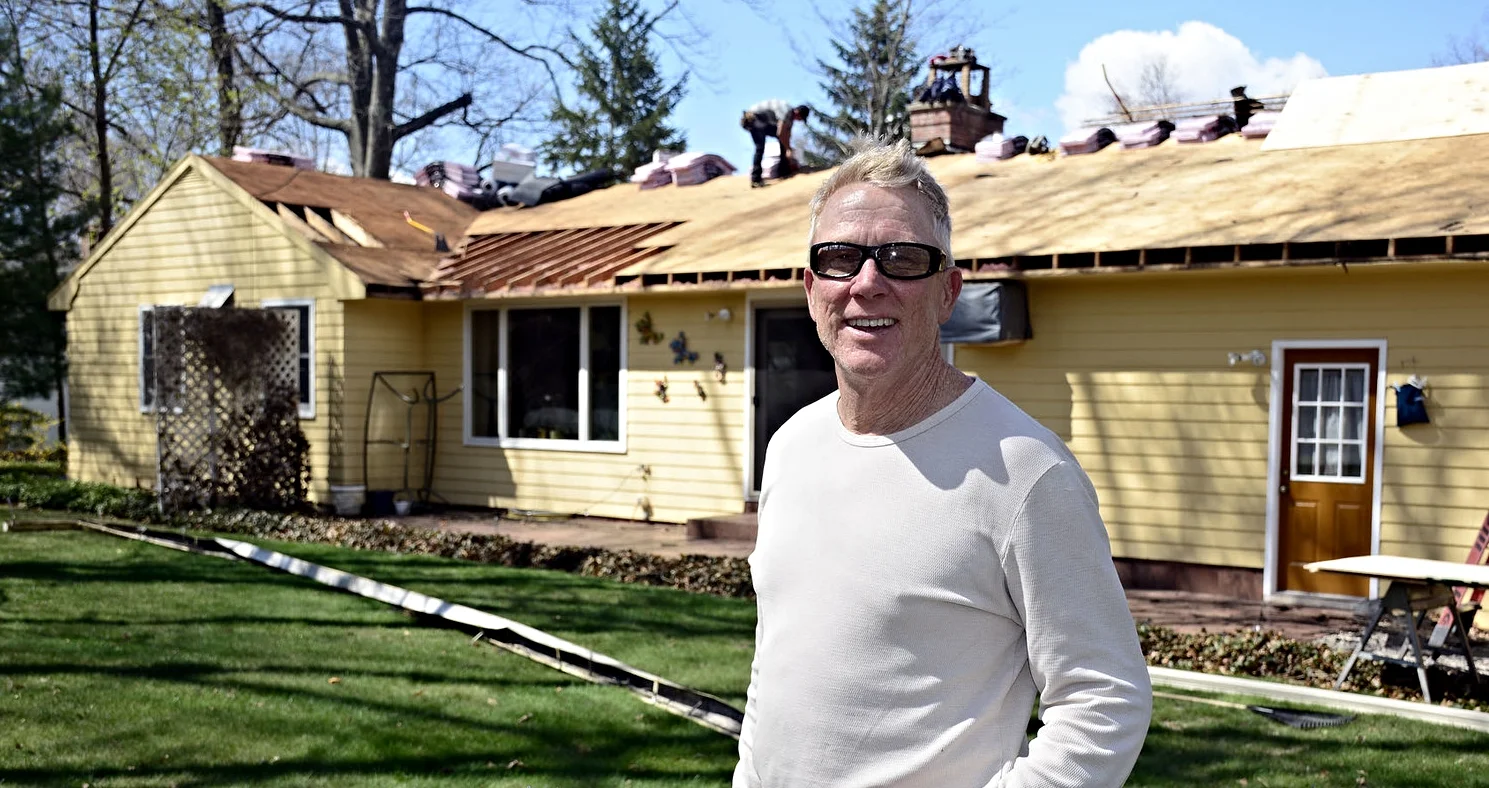Steamy Temps Bring Summer Window Woes
Chelsea O'Donnell
This past week’s brutal heat and sky-high humidity had many of us hiding indoors, glued to the AC. But while we were doing our best to stay cool, our windows may have been trying to tell us something. If you’ve noticed water droplets forming on the inside of your windows—or a foggy film that just won’t quit—you’re dealing with summer window condensation. And no, it’s not just a minor annoyance. It can be a sign of bigger problems brewing in your home.
So, what’s going on here?
Condensation forms when warm, humid air hits a cooler surface. In the winter, that’s usually on the inside of your windows. But in the summer, it’s the reverse. Your air conditioner is keeping your indoor air refreshingly cool, while the air outside is heavy and hot. When those two climates meet, like when humid air seeps in and touches your chilly window glass, moisture condenses, and you get that telltale fog or water buildup.
In reality, a little condensation now and then isn’t the end of the world. But if you’re noticing it regularly, especially during extreme heat and humidity, it can point to problems with ventilation, insulation, or moisture control in your home.
In our Connecticut climate, summer humidity is no joke. Add in long showers, laundry, cooking, and even houseplants, and you’ve got a recipe for excess indoor moisture. If your home doesn’t have proper airflow or if your windows aren’t up to the job, that moisture sticks around, and your windows become the battleground where it all shows up.
And here’s the thing: if you ignore it, condensation can go from cosmetic to costly. Excess moisture creates the perfect environment for mold and mildew, which can trigger allergies, irritate lungs, and leave a lingering musty smell. Over time, moisture can also cause wood window frames to warp or rot, damage seals, and reduce your windows’ effectiveness. Even if it’s just clouding your view, you’re still losing out on natural light and visibility.
So, what can you do?
Start with airflow. Use exhaust fans in bathrooms and kitchens, and don’t be afraid to crack a window when the outdoor air is drier. A dehumidifier can also make a significant difference, especially in areas prone to moisture, such as basements.
Next, take a hard look at your windows. If they’re single-pane or older double-pane units, they might not be insulating properly. Modern double- or triple-pane windows are designed to prevent this kind of condensation by minimizing temperature swings on the glass surface.
And don’t forget the little things like sealing air leaks around windows and doors, opening blinds or drapes during the day to improve air circulation, and keeping indoor plant collections in check. Every small step helps.
Condensation might seem like a minor inconvenience, but it’s often a symptom of bigger issues in your home’s comfort and energy efficiency. Take care of it now, and your windows and your wallet will thank you later.
Bob O’Donnell is the owner of O’Donnell Bros. Inc., a Bristol-based home improvement company established in 1975. Got a home issue you’d like Bob to tackle? Email info@odonnellbros.com with the subject line “Ask the Pro.” To contact Bob for your remodeling needs, call O’Donnell Bros. Inc. at (860) 589-5155 or visit http://www.odonnellbros.com. Advice is for guidance only.
